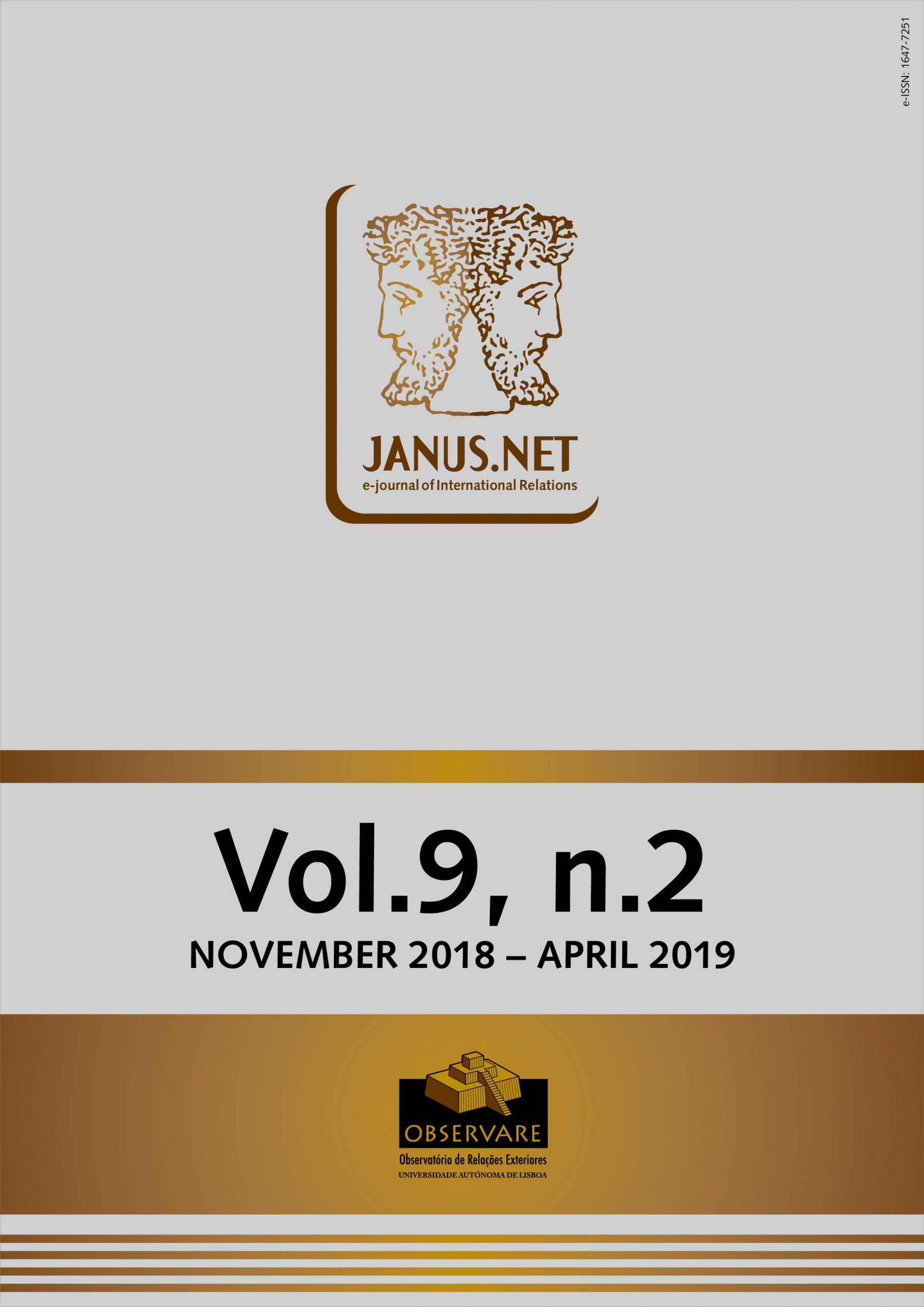This article aims to generate a critical notion of post-conflict in Colombia to advance the idea of a scenario undergoing transformation. The dynamics of security and conflict in Colombia were defined from the existence of a problem that transcended threat. The FARC-EP were a problem that later became securitized and scaled in the country’s security agenda. Consequently, it is necessary to warn, on the one hand, that the conflict does not finish with the end of the FARC-EP process and, on the other hand, there is a secondary effect but not less important: the change of this group gave rise to the mutation of security and conflict issues in Colombia, namely, the markets of violence, the dispute over the power voids in the territory, the armed collectivities arising from the FARC-EP dissidents and the social exclusion that ex-combatants face. Taking into account the above, the “post-conflict” concept is biased, ambiguous and distorted, which in itself represents a threat to the development of conflicts in the country.
COLOMBIA UNDERGOING MUTATION: FROM THE CONCEPT OF POST-CONFLICT TO THE PRAGMATISM OF THE CONFLICT
Professor at the School of Politics and International Relations of the Sergio Arboleda University (Colombia). Ph.D. in Current Issues of Spanish and International Law of the University Alfonso X el Sabio of Spain. Master Degree in National Security and Defence from the Higher School of War of Colombia. Professional in Politics and International Relations at Sergio Arboleda University.
Professor at the Faculty of Government and International Relations of Santo Tomás University Colombia) Political scientist at the Faculty of Political Science and Government of the University of Rosario. Master of Arts in Political Theory with an emphasis on Political Discourse Analysis from the University of Essex (England).
Resumo
Palavras-chave
Como citar este artigo
González, César Augusto Niño; Álvarez, Daniel Palma (2018). “Colombia undergoing mutation: from the concept of post-conflict to the pragmatism of the conflict”. JANUS.NET ejournal of International Relations, Vol. 9, N.º 2, November 2018-April 2019. Consulted [online] on the date of the last visit, https://doi.org/10.26619/1647-7251.9.2.6
Article received on 11 May, 2018 and accepted for publication on 9 September, 2018















